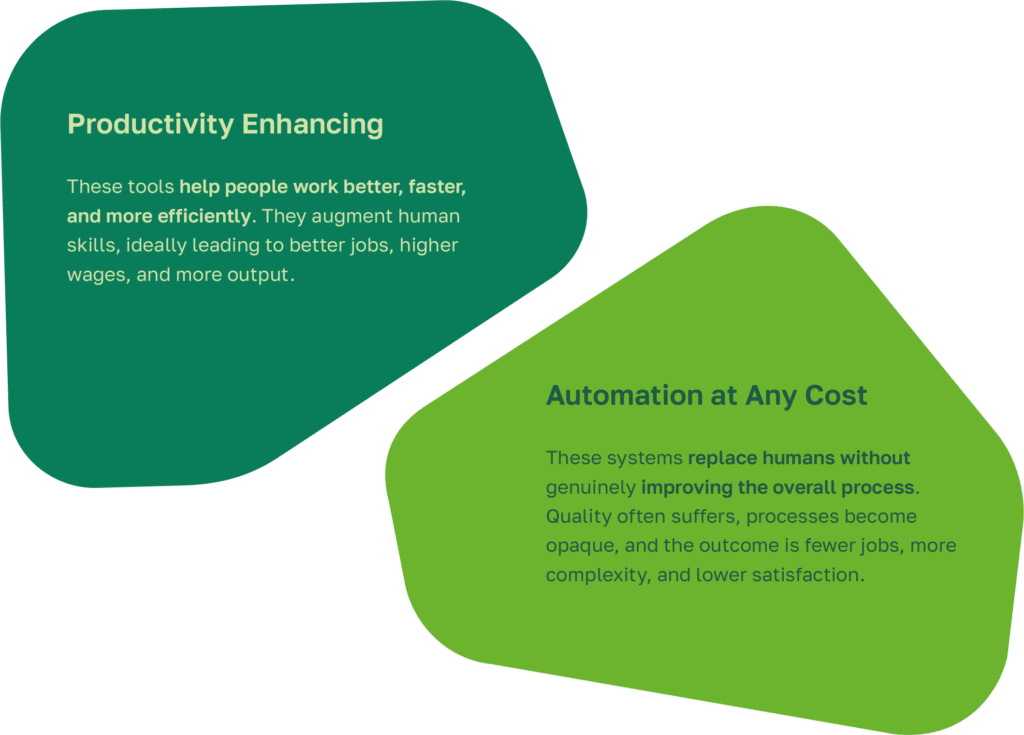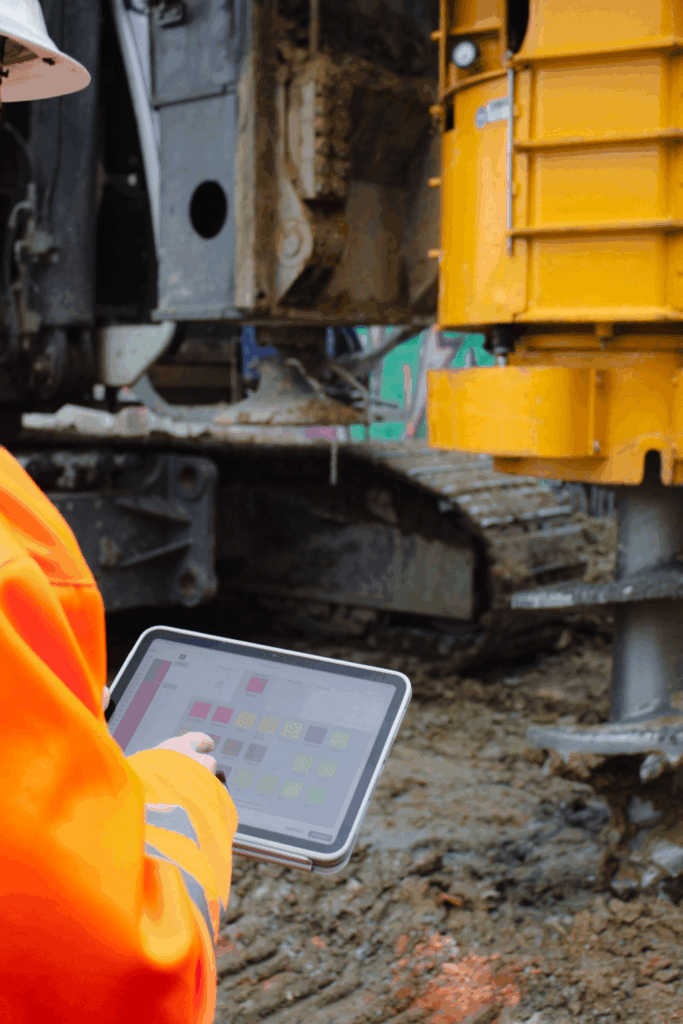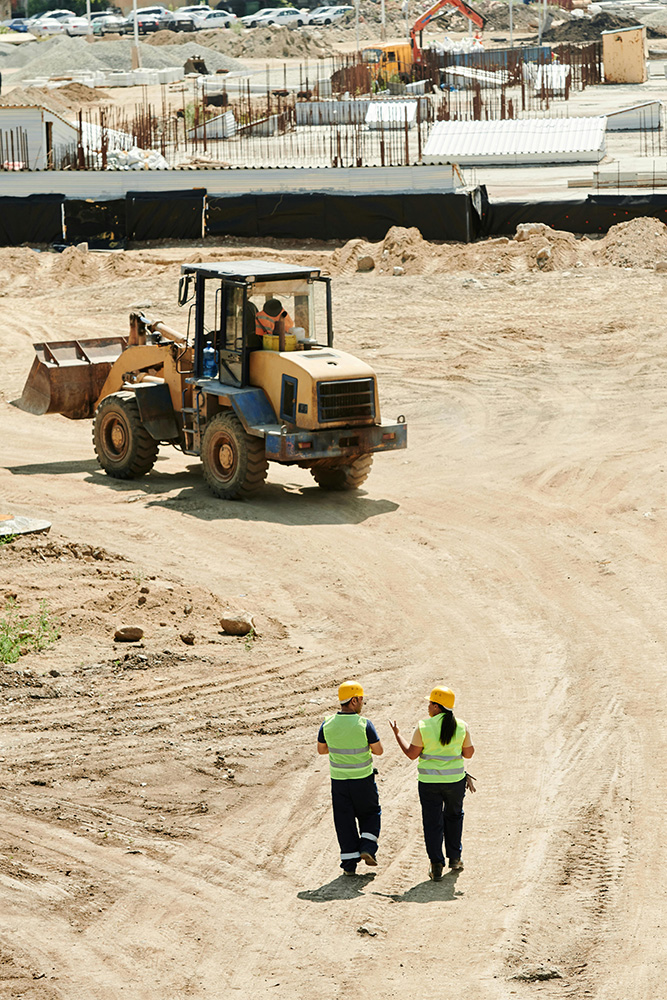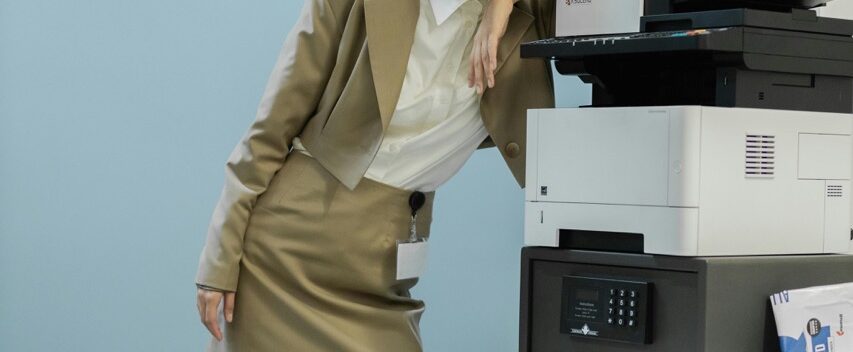Curse or Blessing: When Technology Truly Helps
You’ve got a tech issue. Nothing major, just a quick question. So you click “Contact Us,” and… here we go:
A chatbot greets you cheerfully, asks what you need – and promptly understands nothing.
You try “Login error.” The bot replies, “I’m sorry, I don’t have information on that. Would you like to read an article in our knowledge base?”
You take a deep breath and try again. This time you write as simply as possible, with no subordinate clauses. Five minutes later, you’re more frustrated than ever—and you pick up the phone.
But the call center? Has cut staff because they now have a fancy new chatbot. So you end up in an interminable queue.
Result? No real efficiency gain. Worse service and a user who thinks, “Why bother with this new tech if the old way was faster and simpler?”
Technology should make life easier. In reality it often just makes it different.

Two Steps Forward, Three Steps Back?
That’s exactly the issue MIT economist Daron Acemoglu tackles. In his book Power and Progress, he explains why not every tech innovation is real progress—and why true digital transformation demands more than buzzwords.
Acemoglu draws a key distinction between two kinds of technology:
Acemoglu draws a key distinction between two kinds of technology

An Example from the Real World

Self Check-Out Counters
Think of supermarket self-checkout lanes: promised to speed things up, but often they slow everyone down as customers struggle to use them and there’s no staff around to help.
Es werden also Jobs reduziert, ohne dass es zu echter Produktivitätssteigerung oder besseren Arbeitsbedingungen kommt.
And scanning a document isn’t real digitization, either. Sure, the paper ends up on your computer. But the PDF offers little more functionality or insight than the original.
Many companies mistake that for digital transformation. They scan handwritten logs into PDFs—and consider the job done. No search function, no automatic analysis, no integration.
The original workload remains and often grows. The payoff? Almost nothing.

„good technology“
enhances productifity & wages
„so-so technology“
barely brings more productivity & costs jobs

Building or typing?
Specialized civil and tunnel construction aren’t assembly-line jobs. They blend high-tech tools with hands-on expertise, complex geology with on-site know-how. Every project is unique, and no system can distinguish “everything’s on track” from “we’ve hit a snag” as quickly as someone who’s done it a hundred times.
But demands are rising: projects are bigger, more complex, faster, with stricter documentation requirements—and budgets that don’t always keep up.

So what’s the solution?
Real digitization lets people focus on what they do best…
…rather than replacing them with machines. It supports what works and fixes what’s still a headache.
That’s the dividing line Acemoglu highlights:
Good technology helps people work better.
“So-so technology” just shifts effort from the field to the office or from your brain into the cloud.
Negative Examples?

- “Digital” Documentation Handwritten log → scan → store → mail → retype into a spreadsheet → email spreadsheet Time? Doubled. Errors? Guaranteed. Productivity gain? Zero. Frustration? 100%.
- Unstructured Data Floods Sensors spit out millions of data points—yet nobody can analyze them. So decisions default to gut feel, and nobody understands the “smart” solution.
- Spotty Personnel Tracking A digital badge claims to track workers for safety—but when it lives in a jacket pocket that someone left in the locker room, the system’s useless.
- Overstuffed Virtual Meetings Virtual collaboration can save travel—until every stakeholder is invited “just in case.” You end up with 60 people on a call, cameras off, and one person reading a script.
- Mixed-Mode Delivery Notes A digital delivery note reduces paper—but if fresh-concrete measurements still go on scraps of paper and get WhatsApped to site managers, you’re back to manual cleanup and lost information.
- Instant Photos, Lost Value Smartphones let anyone snap and store crucial images anytime. But if those photos sit on different devices, with no location or task tagging, they’re just “nice pictures,” not actionable data.
What the Industry Needs?
Not another click-fest, but genuine support.
Not more features, but more sense.
Our goal: Instead of leaving you typing numbers for hours, searching for missing logs or chasing down documentation we develop technology focused on what matters, giving construction professionals back the work they love:
Designing, Building, Deciding.

For site managers who don’t want to post-mortem every mistake but prevent them in the first place. For projects where errors cost not just time, but trust.
Because nobody comes to work to maintain paperwork.
And honestly: I don’t want technology that eats my cake. But a robot that washes, dries, irons, and folds my laundry? Sign me up.
Because it doesn’t replace what love. It handles the things, that are holding me back.
That’s true digitization.
That’s why we build our systems the way we want to use them—to amplify human know-how, not replace it. Supportive, not overbearing. Reliable, not condescending.

